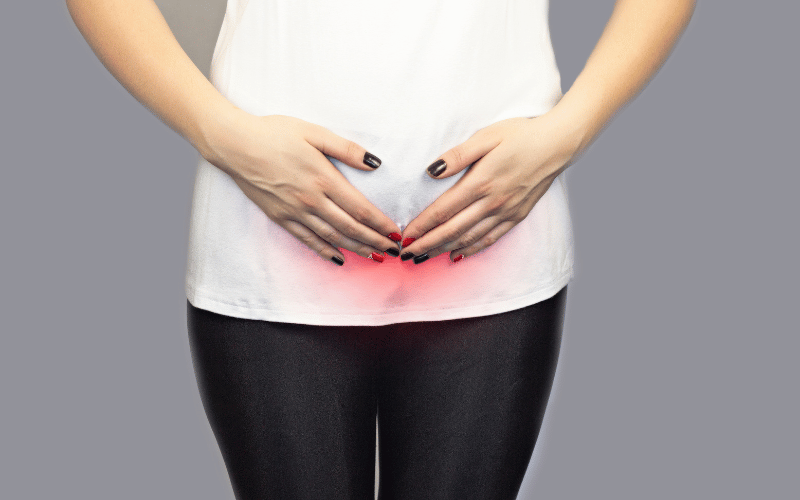Introduction
Volvulus might not be a term that’s on the tip of everyone’s tongue, but understanding it can be crucial to your health or the health of a loved one. This severe medical condition occurs when a part of the intestine becomes twisted around itself, which can lead to blockages. Such obstructions can result in a variety of symptoms that range from mild discomfort to intense pain. And while some might dismiss these symptoms as just another bad stomach day, knowing what to look for can be the difference between a routine doctor’s visit and an emergency situation.

Let’s dive deep into the heart of the matter. Imagine your intestines as highways. They are meant to smoothly carry food from your stomach, process it through the digestive tract, and then pass out waste. Now, envision a situation where a part of this highway gets tangled. Traffic would halt, leading to massive jams, right? This is essentially what happens during volvulus. The blocked section of the intestine not only prevents the passage of food and waste but can also cut off the blood supply. When left untreated, this can lead to complications like tissue death.
Now, while this might sound alarming, the good news is that recognizing the symptoms early can lead to prompt treatment, reducing potential complications. This article is here to help you do just that. Read on to discover the top 10 signs of volvulus and arm yourself with the knowledge to act if the need arises.
Sign 1: Severe Abdominal Pain

When one thinks of severe abdominal pain, it often brings to mind a fleeting discomfort that one might experience after a particularly heavy meal. However, in the context of volvulus, the pain can be excruciatingly sharp and sudden. The human body is intricate, with the intestine playing a pivotal role in the digestion process. When it twists upon itself, it’s akin to a kink in a garden hose, stopping the flow.
This disruption can lead to an immediate sensation of pain. What makes this situation particularly intense is the fact that our abdomen houses various organs. The intestine, when twisted, not only impedes the flow of food but can also exert pressure on its neighboring organs, heightening the discomfort.
The pain’s character can vary among individuals. For some, it may manifest as a consistent, throbbing pain, while for others, it may come in waves of varying intensity. Regardless of its nature, the key is not to dismiss it as a mere stomach upset.(1)